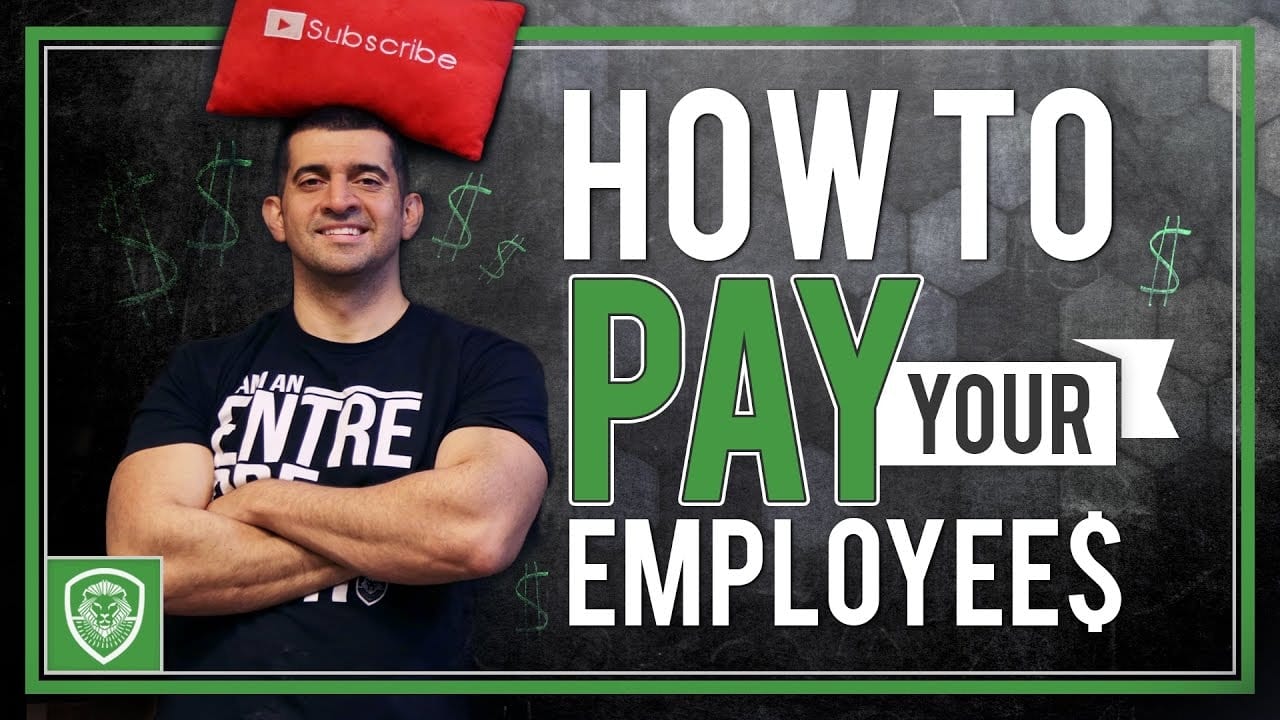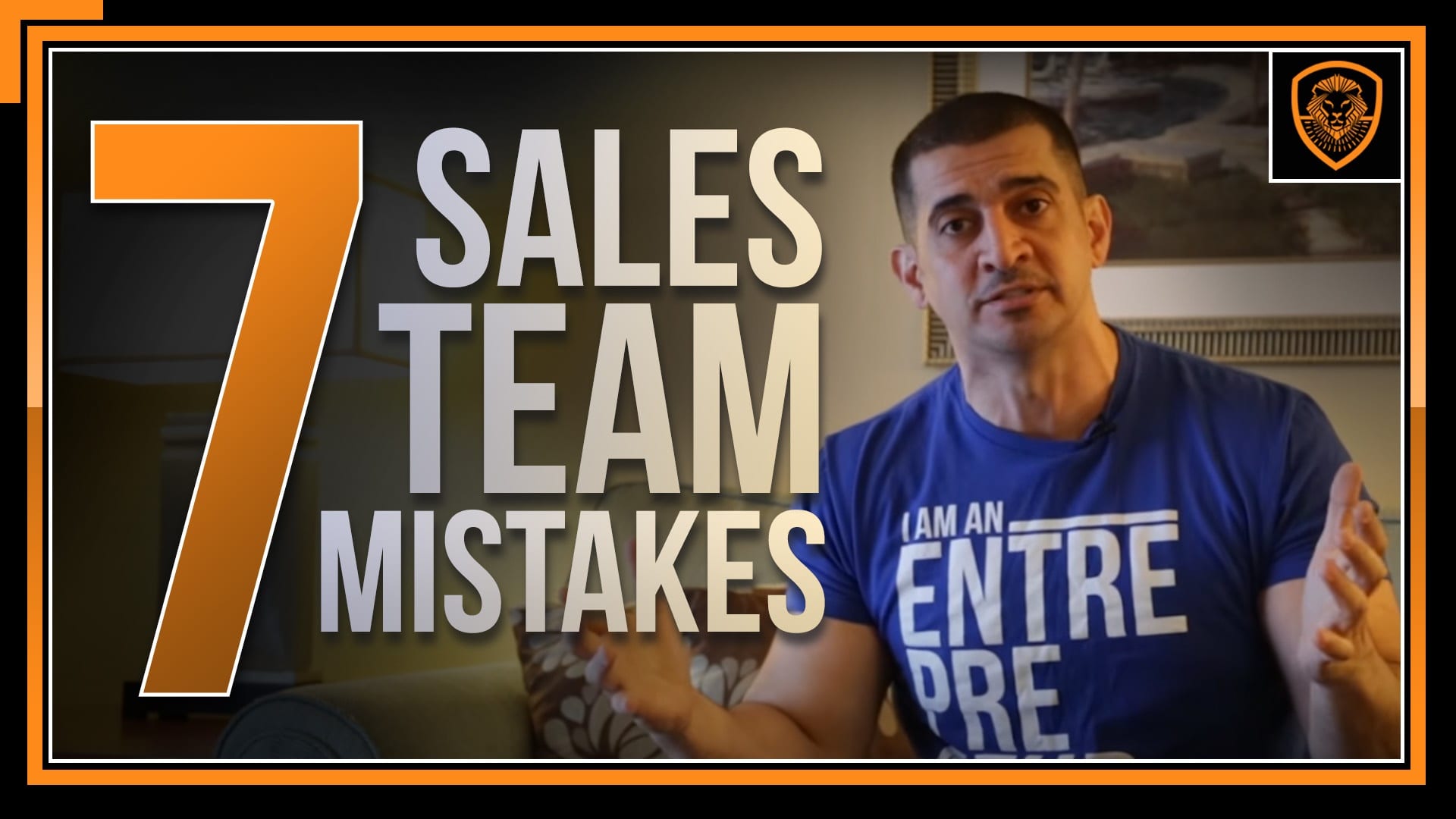The way you pay your employees will determine how much of your talent you retain and how much you increase loyalty in your company.
In this video I’ll cover different ways to pay your employees and I’ll also talk about different strategies you can use including hourly pay, salary, profit and bonuses, and equity.
By the way, it’s very important to abide by your state or country laws. The things I share in this video and article are things I’ve done, but you need to be sure to follow the human resources laws for your state or country.
Hourly Employees
The simplest employee payment option is hourly. Hourly employees are typically people who have very simple, low-skill level jobs to do. For instance, when I worked at Haagen Daz, I had to learn how to make banana splits. When I worked at Burger King, I had to make a Whopper, with no onions. At Bob’s Big Boy, as the busboy, I cleared tables. Those are all examples of hourly jobs. They are low skill and transactional.
Hourly employees are a great way to identify people you want to transition to the next level. It’s a great way to see who are the hardest working people. For example, we had someone who started as a front-desk clerk. She’s so amazing, she’s been with me 11 years now. She started part-time, making $400 per month, and the next thing you know, she moved her entire family from L.A. to Dallas. But she started off as an hourly employee.
Salary
A salaried employee is someone that’s more than hourly. It’s a way of telling someone you’re giving them a promotion. Sometimes salaried employees work more than 40 hours per week.
You would never catch me working only 40 hours per week as a salaried employee. Why? Because I like to go above and beyond so that I can go to the next level and the next level and the next level. I want to have leverage when I negotiate my salary.
By the way, my own employees watch these videos. I teach them how to ask me for a raise. They come to me and present a PowerPoint and say, “Pat, I believe I deserve this, and here’s why.” I agree or disagree. I’ve given some people more than they feel they deserve and asked other people to leave; it can go both ways.
The difference between hourly and salary is salary has an actual, measurable skill set the person brings to the table.
Profits/Bonuses
Next you have profits. This is when someone is paid a salary, plus profits. Why is this important? Because it allows someone to scale.
They may be willing to work a little harder on a Saturday, or pay attention to more details, and rally everybody because they have profit to participate in. This could be profit sharing or a bonus.
In this case, you would say things such as, “If you hit XYZ, you’ll get a $5,000 bonus. If you hit ABC, you’ll get a $10,000 bonus. If you hit this, you’ll get a $25,000 bonus by the end of the year.”
The bonuses come down to how creative you can be to get them to pay attention to the areas that matter the most to increasing the value of your company.
Equity
You give equity when you want the best executives to come on board and work with you. Some CEOs don’t like equity, and prefer to give profits. Some employees don’t even want equity because it’s long-term.
I like equity because it helps me know if someone is a long-term person instead of a short-term person.
If someone says to you, “I want a piece of the company,” don’t be offended by that. It’s a compliment because it means they want to be with you long-term. It’s like a girl saying to you, “When are you going to put a ring on my finger?”
A person asking for equity isn’t going to leave you. They're simply just asking you what they can do to participate in the bigger victory long term, because they love the company.
Sales
Next is sales. Sales is very simple. Sales is king. Without sales, nothing exists. These guys run the entire show. Without advertising, Facebook doesn’t work. Keller Williams doesn’t exist without their sales people.
You will be judged on how you set up your commissions structure with your company, because it you don’t do it right, you can potentially incentivize bad habits.
I made this mistake myself in the past. This is why a lot of people call me and ask for me to help them structure their comp plan.
I don’t have time to do that. But just think about the behavior you want to encourage that will increase the value of your company. This is the exact same thing as what I said when I talked about bonuses and profits.
Comp Plan
Listen in here for my thoughts on comp plans.
Different Employee Payment Scenarios
When someone says, “Pat, I want equity,” I say, “Great, no problem.” But your salary is probably going to be low, and you’re probably not going to share in profits. Equity is focused on long-term victory.
Now let’s say someone doesn’t want equity, but profits. The great thing about capitalism is that it’s all math. For example, in my company every single department except one has grown by 130% or more. I was talking with the person that headed that department and told him he had no leverage, because his department hadn’t grown. He came back and said, “You’re right. I’ve got to work on it.” So feedback was given and he’s going to go back and work on it.
So you have to have that conversation. It’s not a one-way highway. It’s a both-way highway.
Here are some other examples:
- Low salary, low profits, plus equity
- Decent salary, no equity
- No equity, but participation in bonuses
Each individual may choose a different path. For example, because of personal circumstances such as the need to pay off debt, a person may opt for salary plus bonuses instead of equity.
But when someone says, I want salary, equity and profits,” it just doesn’t work that away.
Solid Talent
So why would you consider doing high salary and high equity, at the same time? Because the talent coming on board is solid talent.
I brought somebody on board that had very, very strong talent. We had a very serious conversation. I said, “Look, I can’t afford a high salary. I can’t even afford to give you profits this year. But I’ll give you a long-term opportunity with equity.”
The person agreed and came on board. From there, the simple question I ask is, “How much value of the company did they increase?”
Think about it like this. The moment LeBron James went to the Cleveland Cavaliers, this sport franchise went up $300 million. They paid him $30 million a year. So for $30 million a year, the value of the team increased by $300 million. Was it worth it? Think about it for a moment. The moment LeBron left Cleveland the first time, they lost $300 million in value. So it’s all about numbers.
Salespeople and Equity
Now for the most part, companies don’t give salespeople equity. But I like to do it, and we have a certain program we do that for. Why? Because a great sales leader is very hard to find. You have to value your great sales leaders. A salesperson can come and go. But a great sales leader knows how to teach other people how to become sales leaders themselves.
Irreplaceable Employees
When you’re looking at this, you need to know your numbers. For instance, if I give equity to someone, they’re irreplaceable. If you're watching this and you’re thinking about hiring an employee or an executive or salesperson, you’ve got to ask yourself, “Is this person irreplaceable?”
What makes someone irreplaceable? They have relationships and contacts you need, and you need them to be with your long-term. They have skill sets you need. They bring certain non-measurable capital to the table. It’s not necessarily money, but they increase the value of the company. You need to understand, the person is irreplaceable.
If You’re the Employee
If you’re on the complete opposite end, and you’re an hourly or salaried employee, and you’re wondering about what your edge will be when you ask for profits or equity, you have to ask yourself the question, “are you irreplaceable?” Because if you’re irreplaceable, then it’s very easy. Your value can be determined if you’re irreplaceable. If you’re not irreplaceable, you have no leverage. So you have to make sure you’re irreplaceable.
Strategies for Knowing How to Pay Your Employees
So now, let’s get into strategies for paying your employees.
#1: Know What You Can Afford
The other day a guy said to me,
“Pat, there’s this person I want to hire and man, he’d do great. I love him. But he has a wife and kids and his last company paid him $180,000 a year. I know we have a great opportunity, and I want to bring him on board. He would completely change the life of our company.”
I said, “Okay, how much did your company make last year?”
“Well, we grossed $1 million.”
“Okay, what did you net last year?”
“$50,000.”
“What can you afford to pay this guy?”
“I can afford $50,000.”
“What else can you give him?”
“That’s it.”
We then talked about the projectory of his company. If the growth was fast, and he could offer the guy a piece of the company, the guy could be interested. But the growth was slow, so he didn’t have an argument to get that kind of talent.
So you need to know your numbers.
#2: Always Keep a Look Out for Free Agents
Listen in here for my thoughts on free agents.
#3: Know the Market for the Position You’re Hiring For
I had somebody that came to me and said, “Well, Patrick, you know, one day I want to make $300,000 a year with you.”
And I loved this guy, but said, “That will never happen.” Why? Because the market for his position was less than that.
He said, “Oh, well, I’m going to go somewhere else.”
I told him to take the next two months and start looking. Two months later he came back and told me, “I got a lot of offers.” I asked him if anyone offered him $300,000, and he said no. I then gave him a printout of the number and told him I was willing to pay more than that, and that he’d be the highest paid person at that position.
He agreed. As a result of this small conversation, we’ve never had a single issue ever since then.
So study the market value for any position you’re hiring for.
#4: Learn How to Customize Pay, Depending on Talent
Listen in here for how you can customize the way you pay your employees depending on talent.
#5: Set Up a Comp Plan in a Way to Incentivize Loyalty and Longevity
And last but not least, set up a comp plan that incentivizes and motivates people to be loyal to you and increase their longevity with you. Your pay structure can increase loyalty and employee determination to stay with you long term.
If you do that, and you give employees equity with, for example, a five-year vesting period, you’ll get them to realize they want to be in business with you long term. At the same time, you’ll also realize which of the people you have in your company that are long-term people.
Post any questions and comments you have on the bottom, and if you haven’t already subscribed to my YouTube channel, click on the button below to subscribe.







